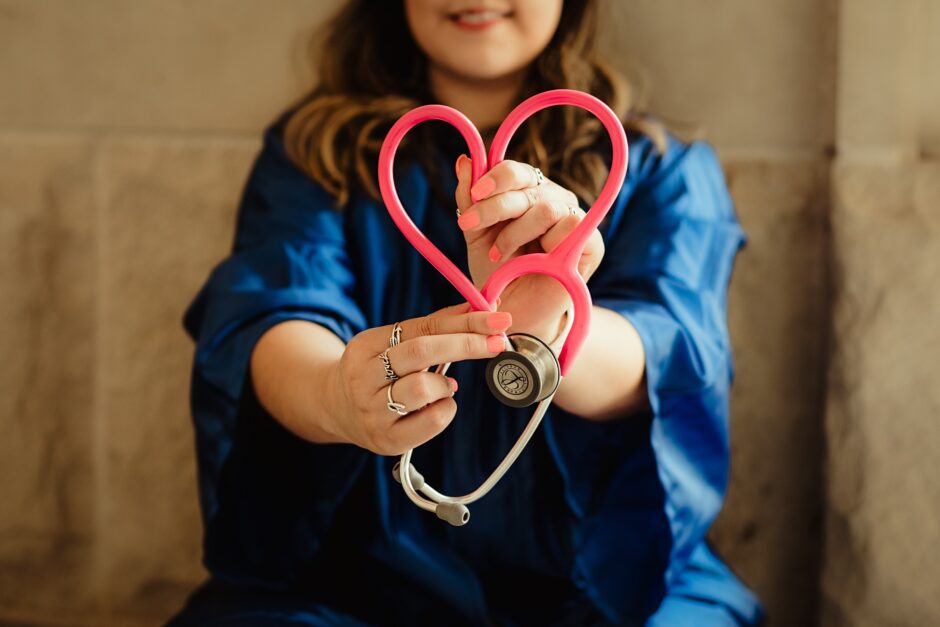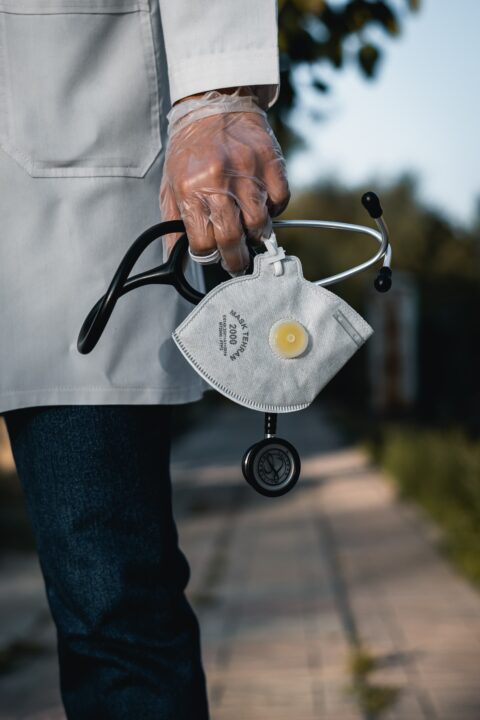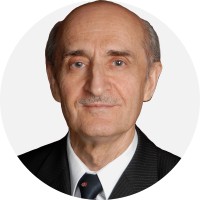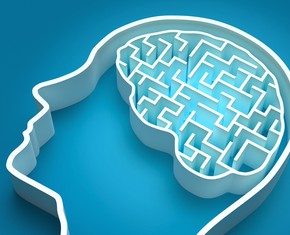The views expressed in our content reflect individual perspectives and do not represent the authoritative views of the Baha'i Faith.
In my years of teaching medical students, I loved educating future physicians about the powerful connection between spirituality and compassionate care.
For that reason, about 20 years ago I created an elective course on spirituality in medicine for the graduating class at a Montreal university medical school. The goal: to integrate spirituality into undergraduate medical education.
Have you ever had a doctor who really seemed to understand and empathize with you – to connect, from one human being to another, with your cares and concerns? To me, that’s what a true physician does. In this pandemic age, that quality has become even more important.

RELATED: Doctors Share What Keeps Them Strong in the Face of COVID-19
So during my course, students from different religious and cultural backgrounds discussed compassionate care and empathy, as well as spirituality. This included those who had no affiliation with any religion, or who saw themselves as atheists. Regardless of their own beliefs, I found that students were eager to discuss the topic of compassionate care and the role of spirituality.
I based much of what I knew about the subject on the Baha’i teachings. In the Baha’i Faith, medical science is extremely important. Two methods of treatment are encouraged in the Baha’i writings – physical and spiritual. The former uses medication, surgery, diet and other material means to heal the body. The latter involves prayer, meditation, and kindness. Both, say the Baha’i teachings, are necessary – and it is important for young doctors to recognize the value of each method. Although relying solely on prayer for recovery is insufficient, Abdu’l-Baha said that “Spiritual feelings have a surprising effect on healing nervous ailments.”
The Baha’i teachings say that the attitude of the physician, for his or her part, should be one of caring and compassion. Abdu’l-Baha said: “When at the bedside of a patient cheer and gladden his heart and enrapture his spirit through celestial power.”
In medicine, we know that empathy and compassion are essential for the healing and recovery of patients. Being compassionate toward patients, respecting them and understanding their feelings as persons rather than regarding them as objects is a necessary capacity for any physician and healer. This compassionate attitude helps patients regain their feeling of wholeness, trust, and dignity and increases their compliance with treatment.
In fact, the art of healing is basically the restoration of a patient’s wholeness. Compassion plays a very important role in this process. Unfortunately, some physicians are not well-prepared to relate empathetically to their patients at a time of crisis, nor have they had training in how to relate to anxious family members, especially in dealing with grief.
Many medical students choose to go into the field of medicine for compassionate reasons. However, training to be a physician or a nurse isn’t easy – those students see people in extreme pain, in dire circumstances with illnesses or injuries, and at the end of their physical lives. As a result, some researchers have reported that the expression of empathy declines during the third year of medical training. Other studies have found that changes in empathy and compassion occur for a period of time during internship and residency training. One 2005 study reported that in interns, symptoms of depression peaked at the midpoint of their clinical training. Residents in the field of internal medicine also showed symptoms of distress and depression during training, but by the end of their training period these symptoms had improved.
Compassionate care can decline when the requirements of such care are intense, stressful, and of long duration. This is especially true in the case of health professionals. Burnout and compassion fatigue can further impact their ability to deliver compassionate care, and some may resort to the abuse of alcohol and other addictive drugs.
The physical impact and emotional stress of the COVID-19 pandemic has caused an extreme degree of fatigue and exhaustion among doctors, nurses, and other health professionals. After the first two years of the pandemic some have begun to leave their posts at hospitals and clinics, many out of fear of facing secondary trauma due to the disease, resulting in a serious shortage of health professionals in many countries.
RELATED: Covid 19: What Can We Learn From History

When medical schools and universities take a narrow and solely scientific approach toward the acquisition of medical knowledge, they may discourage medical students from understanding their role as holistic healers who need to ensure compassionate, patient-centered clinical treatment. In other words, health providers need to be attentive to the patient and not only to the disease. This underlines the importance of integrating spirituality into medical education.
Another study noted that, during their medical education, students had been advised to detach themselves emotionally and remain neutral in relating to their patients during medical treatment. However, unless circumstances warrant it – such as a patient presenting with an infectious disease, or with a mental illness that requires the physician to maintain a protective distance – to generalize detachment by avoiding expressions of empathy and compassion is counterproductive. Engaging with empathy and compassion, however, should be done with wisdom, moderation and understanding.
Helen Riess, in her studies of empathy in medicine, has reported an interesting phenomenon which is important for those preparing future health professionals. She found that:
… individuals tend to have the most empathy for others who look or act like themselves, for others who have suffered in a similar way, or for those who share a common goal. We see these biases play out repeatedly in communities, schools, sports teams, and religious communities. The truth of the matter is that empathy is not always an equal opportunity benefactor. People are evolutionarily wired to recognize and respond to differences and socially or culturally based perceptions can trigger subconscious fears that threaten emotional homeostasis.
While such an analysis rings true, nevertheless, being able to show compassion to all patients, regardless of their background and interests, is a requirement for all health professionals. They, as well as all of us, may do well to take to heart American memoirist, poet, and civil rights activist Maya Angelou’s words: “I’ve learned that people will forget what you said, people will forget what you did, but people will never forget how you made them feel.”
















Comments
Sign in or create an account
Continue with Googleor